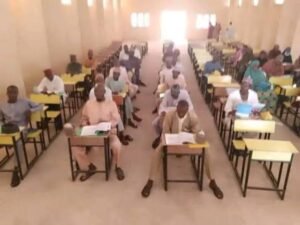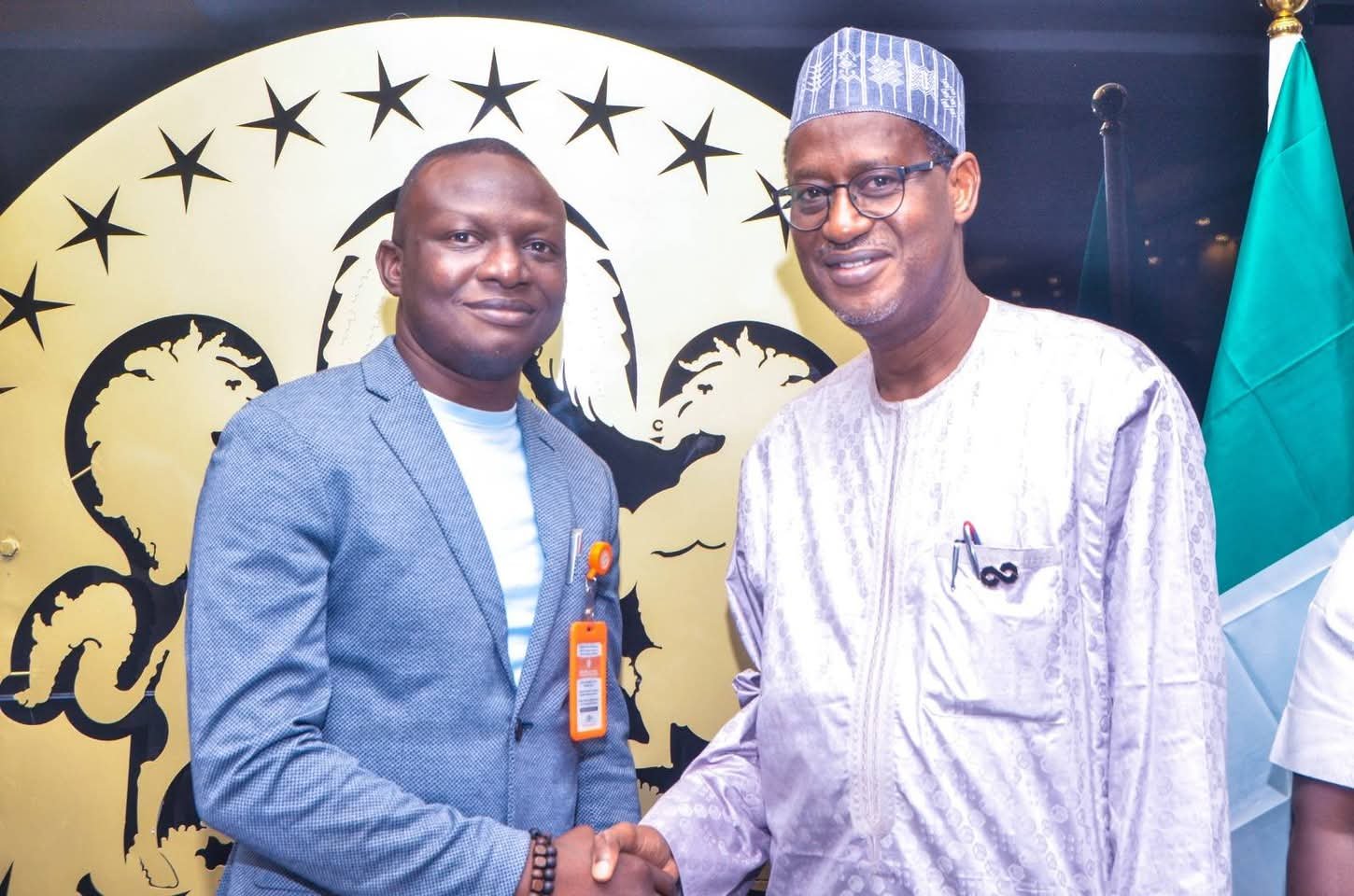Sokoto, Jigawa, Kebbi To Benefit From FG, EU ₦69.9bn Education Intervention

The steering committee for the €40 million Education and Youth Empowerment in Northwest Nigeria programme was inaugurated in Abuja on Thursday.
The programme also aims to tackle the issue of out-of-school children, facilitate teacher development, and promote youth skills.
The implementation committee is chaired by the Minister of Education, Dr Tunji Alausa, and co-chaired by the Minister of Budget and Economic Planning, Atiku Bagudu.
It is expected to provide strategic guidance and monitor progress.
Speaking in Abuja, during the official inauguration of the committee, Permanent Secretary, Federal Ministry of Education, Abel Enitan, represented by the Director of Polytechnics Education and Allied Institutes, Dr Usman Ejeh, said, the project represents a strategic interventions aimed at addressing the persistent challenges of out-of-school children, teacher capacity development, safe learning environments, and skills acquisition for youths in Nigeria’s Northwest region.
“The EU’s continued support through programmes such as EYEPINN and Expand, Integrate and Strengthen Systems reflects a shared commitment to empowering our young people and ensuring that every child, irrespective of gender or background, has the opportunity to learn and thrive.”
He said that the committee would serve not only as a platform for oversight, but also a forum for strategic dialogue to ensure that the collective efforts of all partners are coherent, complementary, and impactful.
“We must ensure that every Euro invested translates into measurable impact, better learning outcomes, empowered teachers, safer schools, and a more resilient education system that leaves no child behind.”
In her remarks, Team Leader Human Development, EU Delegation to Nigeria and ECOWAS, Leila Ben Amor Mathieu said “This is the EU Delegation to Nigeria’s first project solely on education.
“It is our flagship project. We hadn’t had any before. We really wanted it to be designed in tune with the ministry and to serve the needs of Nigerian people.”
“This is a €40 million project that we fund through UNICEF, Plan International, DIME, and also some technical assistance provided by the ministry.
“We would have loved to add secondary education, but we stopped at basic education in particular, targeting out-of-school children and nomadic education. We’ll work with the Quranic schools.”
UNICEF’s Chief of Education, Vanessa Lee, said the programme came at a critical time in Nigeria’s education reform progress.
She said UNICEF would continue to lead and provide support in the area of digital data transformation, education financing, reducing the number of out-of-school children, scale up foundational literacy and numeracy, and provide teachers with school-based professional learning.
The Country Director, Plan International, Dr Charles Usie, said the programme was significant, “because it is actually to bring hope to a lot of children who probably will still have been left on the streets, with no support and with no help.”
Country Director, Save the Children International, Duncan Harvey said “Every child, no matter their status, no matter where they are living, no matter their gender, ability, or disability, every child deserves the right to quality basic education.”




